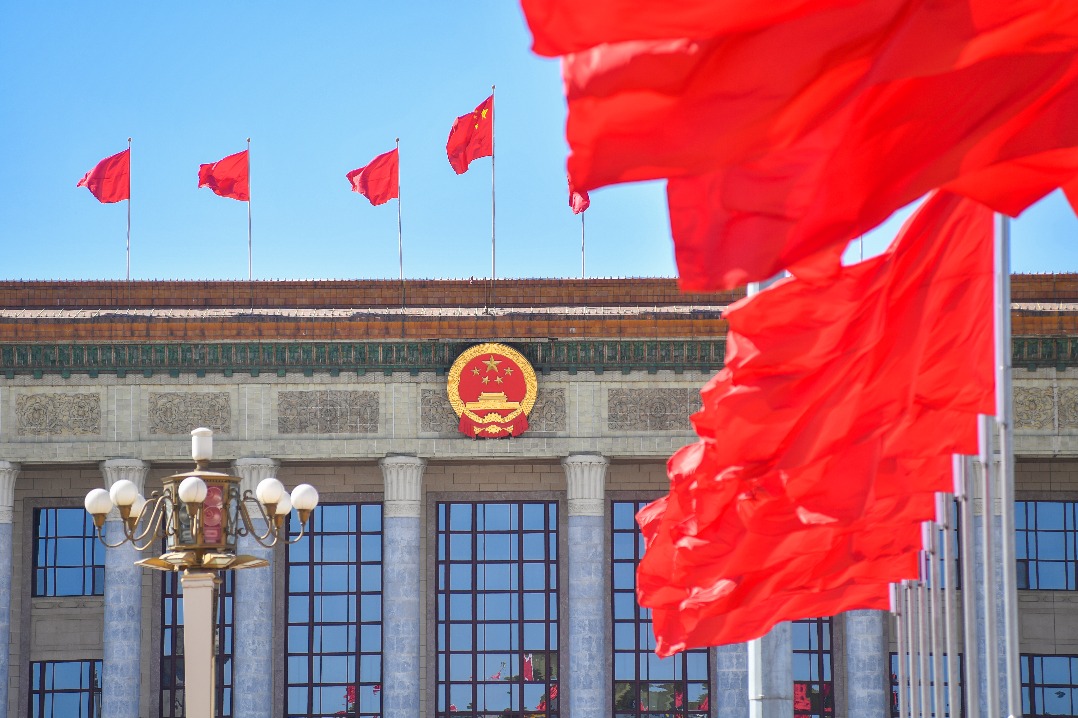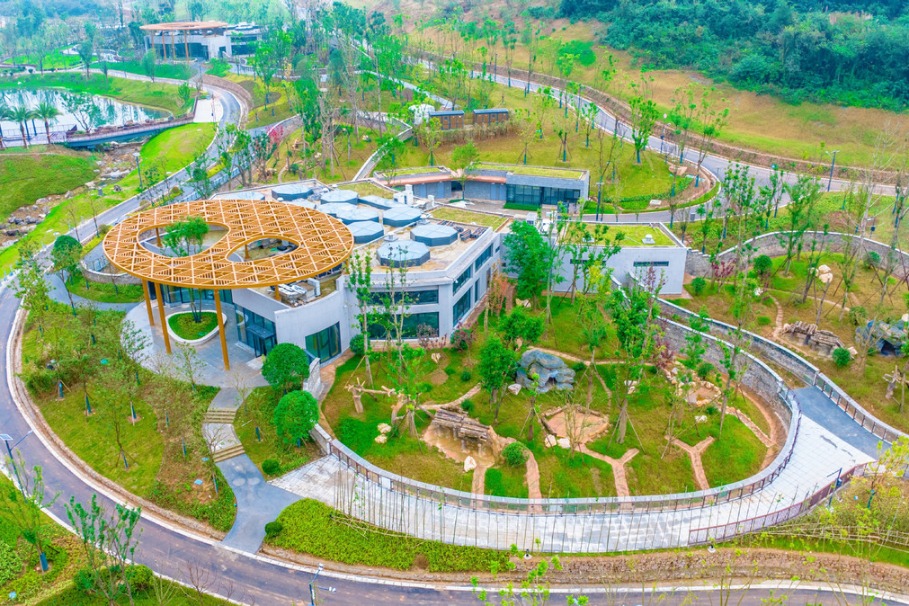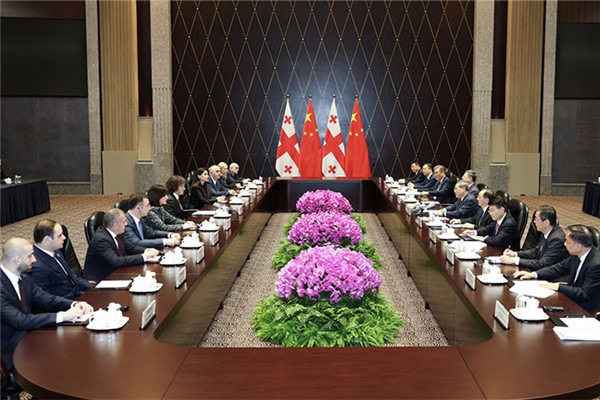Space debris delays return of Shenzhou XX astronauts


The return of Shenzhou XX astronauts from China's Tiangong space station, which was originally scheduled for Wednesday, has been deferred due to safety concerns triggered by space debris impact, according to the China Manned Space Agency.
In a brief news release on Wednesday morning, the agency said the decision was made after it came to light that the spacecraft, which is tasked with bringing its three crew members back to Earth, had possibly been hit by tiny pieces of space debris.
"An impact analysis and risk assessment are underway. To ensure the safety of the astronauts and the success of the mission, it has been decided that the Shenzhou XX return flight will be postponed," the agency said in its statement, without providing any new schedule for the spacecraft's return.
The Shenzhou XX team — mission commander Senior Colonel Chen Dong and crew members Colonel Chen Zhongrui and Colonel Wang Jie — has been on board the Chinese space station for more than six months since their arrival on April 25.
They represent China's 15th manned spaceflight and comprise the ninth group of residents aboard the Tiangong, which is currently the only operational space station independently run by a single nation.
Their successors — three astronauts of the Shenzhou XXI mission — arrived at the colossal orbital outpost on Saturday, and have already taken charge of the space station.
Space debris consists of nonfunctional, human-made objects remaining in Earth's orbit, and these objects create significant challenges for space operations.
Such debris includes everything from spent rocket stages and old satellites to fragments from disintegration, erosion and collisions, and even paint flecks. Some pieces of debris may collide with operational spacecraft or cause hazards to manned spaceflights.
An object measuring 1 centimeter in diameter and moving at 17,000 kilometers per hour could deliver as much energy as a hand grenade, and destroy a spacecraft, experts said.
According to an estimation by the international space community, there are more than 100 million pieces of space debris smaller than 1 cm, with a combined weight of thousands of metric tons. Impacts by these hypervelocity projectiles can cause erosive damage and disable spacecraft.
It is not uncommon for spacecraft to be hit and damaged by debris. The International Space Station — the largest asset ever built in Earth's orbit by humans — has recorded more than 1,000 meteoroid and debris impacts, and has conducted orbital maneuvers many times to avoid such collisions.
zhaolei@chinadaily.com.cn
- China, Serbia vow to deepen military ties
- China records 10-year low in first marriages
- Experts promote raising?awareness to boost HPV?vaccination
- Haikou intl airport launches new 24-hour direct transit policy
- China-Laos international passenger line launched
- Beijing receives climate award at COP30 Local Leaders Forum




































